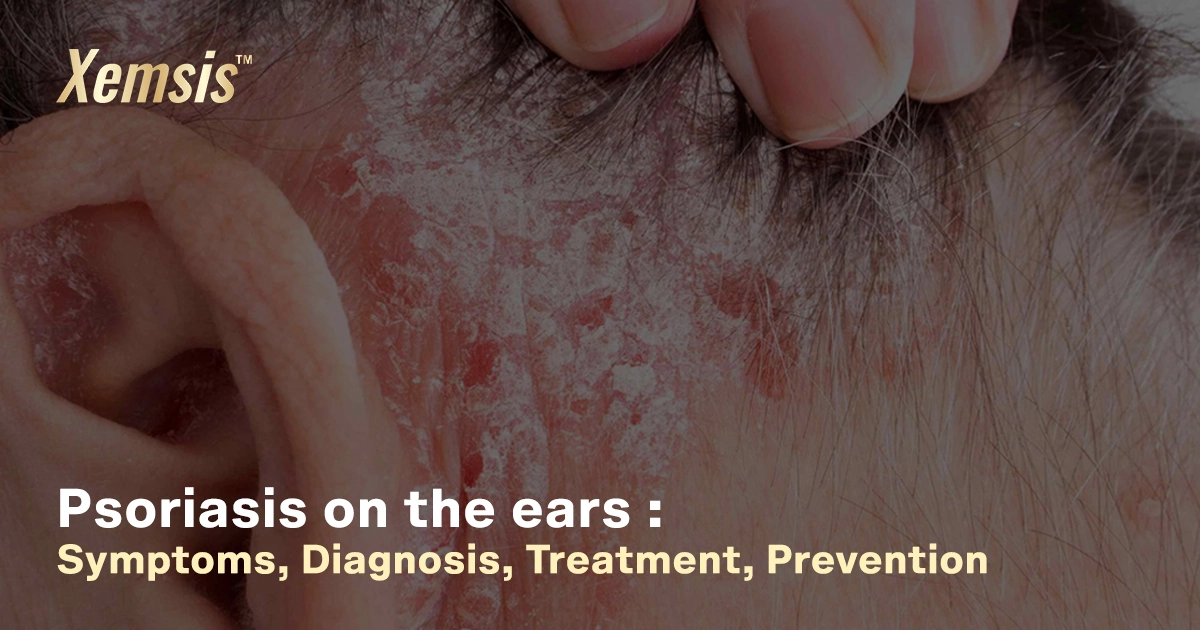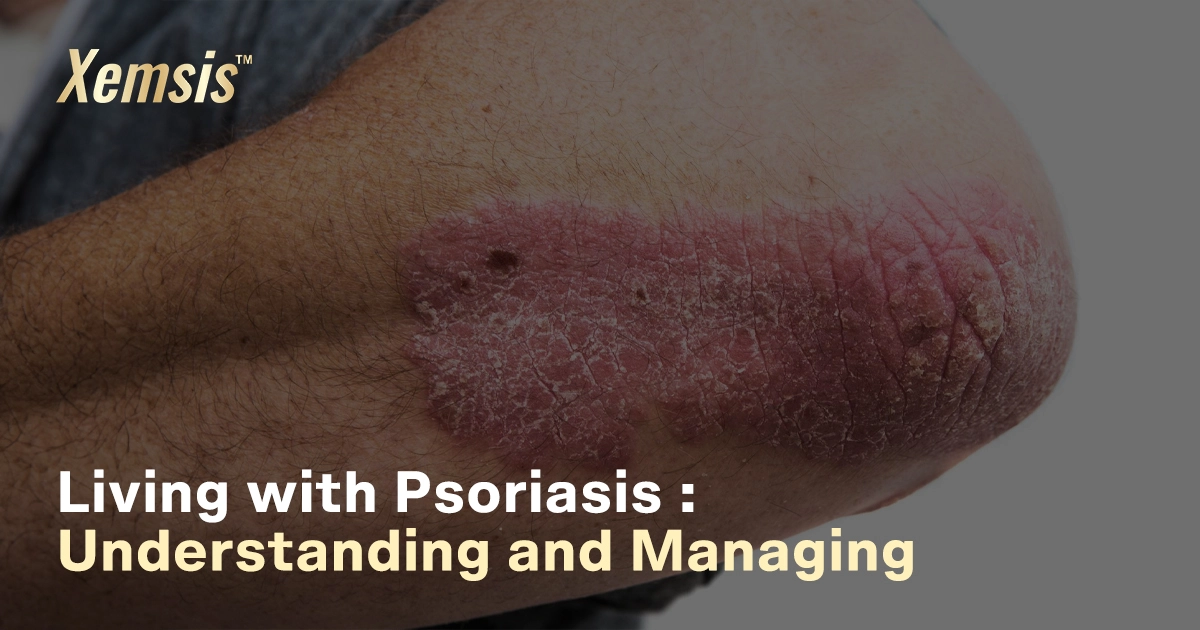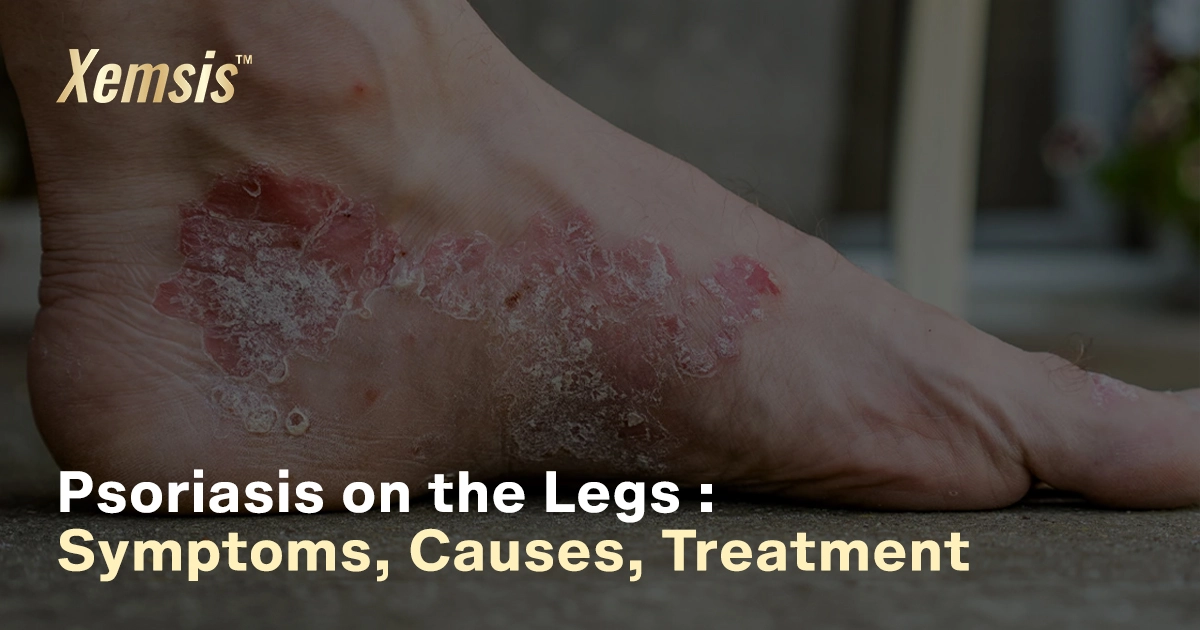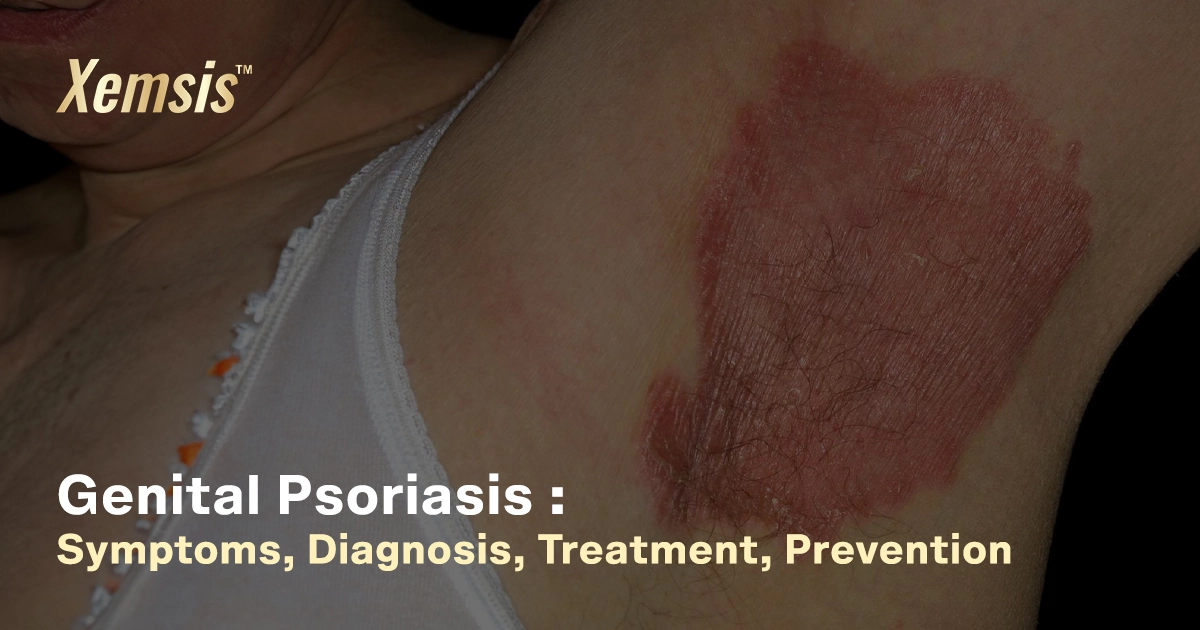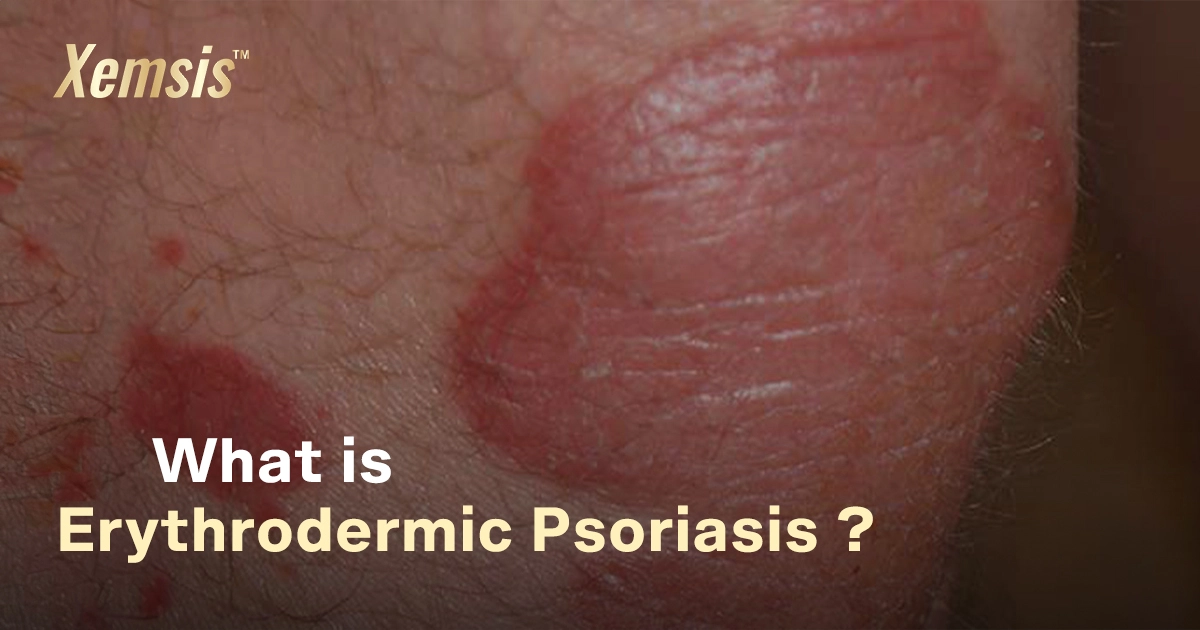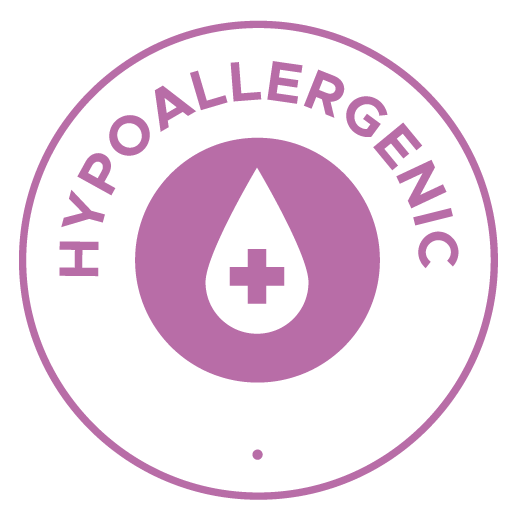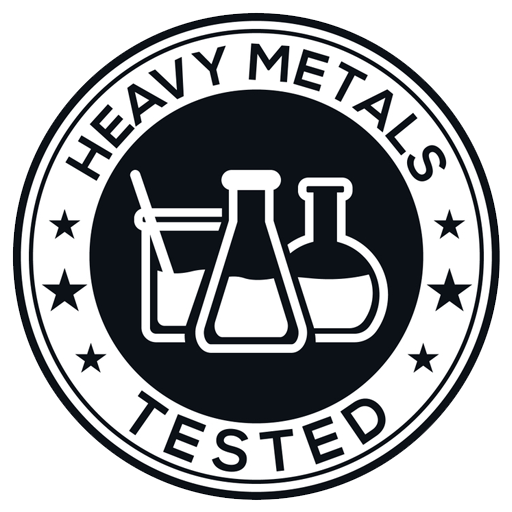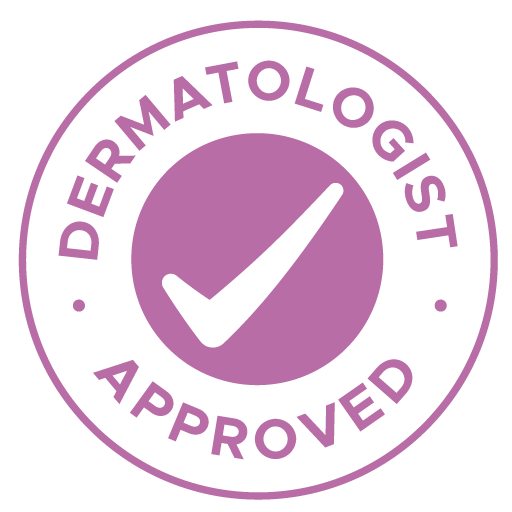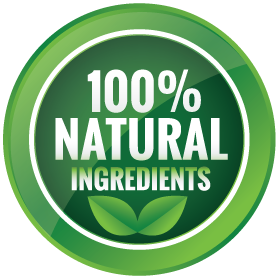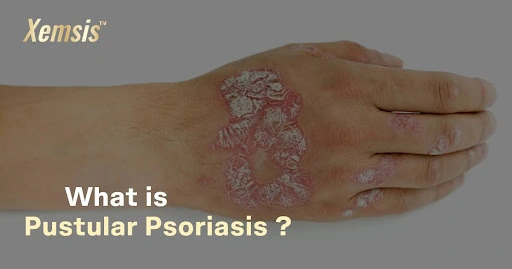 Categoriespsoriasis type
Categoriespsoriasis typePustular Psoriasis
Pustular psoriasis is a form of psoriasis that affects 3% of people living with other types of psoriasis. This pustular psoriasis is a chronic auto-immune condition that is considered a variant of psoriatic vulgaris and can occur in any part of the body, causing pus-filled bumps on the affected areas.
Overview
What is Pustular Psoriasis?
Pustular psoriasis is an autoimmune condition formed when the body’s immune system releases white blood cells that attack the body’s cells by mistake, judging them as foreign objects. The dead cells accumulate at the skin’s surface instead of shedding, forming scaly pus-filled bumps that cause pain and itching.
Pustular Psoriasis Symptoms
Pustular psoriasis causes widespread blisters, i.e., bumps, surrounded by red skin. It can occur in any part, but mostly in the hands and feet. The bumps usually occur in a particular part and rarely spread throughout the body. When it occurs in a particular part, like the hand, the severity is comparatively low compared to the spread. This condition can affect people of any age, but it mostly affects adults rather than children.
In this case, the bumps are usually:
- Thick
- Scaly
- Flaky
- Filled with pus
- In yellow or white colors.
The affected area may cause itching or mild pain in the area.
However, if the bumps spread and cover large areas with severity, the condition is termed generalized pustular psoriasis. This case is rare but very serious.
This condition causes:
- Fever
- Chills
- Muscle weakness
- Severe pain or itching
- Fatigue
- Increased heartbeat
- Dehydration
- Swelling of affected areas
Contact your doctor as soon as possible if you experience any of these pustular psoriasis symptoms.
Causes of Pustular Psoriasis
The exact cause of pustular psoriasis has not been proven yet. But many conditions trigger it. The trigger makes the immune system attack the body’s cells that accumulate on the surface of the skin as bumps and blisters, which are the initial cause of pustular psoriasis. Developing this type of psoriasis from other forms, like plaque psoriasis, is very rare. These symptoms are not caused by any bacteria or fungus, so they are not contagious.
Other conditions that can trigger the growth of pustular psoriasis are:
- High-dosage medications
- Overexposure to UV rays from the sun
- Stress
- Hormonal changes
- Allergic reactions
- Bacterial or viral infections
- Genetics
- Poor environmental factors.
In very rare cases, when genes named IL36RN and CARD14 get mutated, it may result in flare-ups and the development of pustular psoriasis.
Pustular Psoriasis Images
How to Cure Pustular Psoriasis
While pustular psoriasis is chronic and there is no proven cure, some medications, treatments, and self-care are recommended by doctors to get relief from the condition and reduce the formation of flare-ups. Initially, the doctor may examine your condition thoroughly and take your blood samples for testing to understand the severity of your condition.
The doctors then prescribe solutions according to the severity of your pustular psoriasis symptoms, which include:
- Topical Medicines: Doctors provide effective ointments like Xemsis that soften your plaques and reduce inflammation. It is formulated with 100% pure natural ingredients and has no side effects.
- Oral Drugs: If your symptoms are a little severe, doctors may provide medications containing cyclosporine, methotrexate, or acitretin that have vitamin A and other ingredients to calm down your psoriatic flare-ups. These medications may have complex dosages and side effects. So doctors may recommend avoiding some food types. It’s crucial to follow their guidelines.
- Phototherapy: If your pustular psoriasis symptoms are very severe and spread to larger areas, doctors may recommend this phototherapy treatment. This treatment involves the process of passing ultraviolet lasers to your affected areas. The process is complex and may have some side effects. It is recommended only for severe cases of pustular psoriasis.
There are also some preventive measures to reduce irritation and prevent new flare-ups:
- Stress: Stress worsens the symptoms of psoriasis, and it is essential to manage it.
- External Injury: New psoriatic flare-ups may arise in psoriatic patients even with mild external injuries, like a cut during a shave. So it’s important to stay safe from these kinds of injuries.
- Alcohol and Smoking: Consuming alcohol and smoking tobacco products slows down the effectiveness of psoriatic medications. It’s best to avoid these things if you are affected by psoriasis.
- Quick Showers: Taking a shower for a long time causes psoriatic inflammation to further worsen. So it is recommended to take a bath quickly, in 10–15 minutes.
- Stay Hygienic: Pollution, dirt, and micro-organisms further trigger the symptoms of psoriasis. So it’s best to stay hygienic by washing hands often, maintaining a clean living environment, and staying as clean as possible.
- Moisturize: Use doctor-prescribed moisturizers regularly to improve dryness and irritation caused by psoriatic flare-ups and help smooth the skin.
Types of Pustular Psoriasis
Pustular psoriasis occurs in various forms in terms of severity and blister breakouts. Each type needs different types of treatment and care.
- Generalized: Generalized pustular psoriasis (GPP) is a rare and serious form of psoriasis. In this condition, the blisters break out severely, causing extreme redness, pain, itching, and swelling. The symptoms spread to a large area of the body with the rapid popping of pus-filled blisters. It also causes fatigue, chills, fever, nausea, headaches, joint pain, weight loss, weakened muscles, or an increased heart rate. It is recommended to consult with a doctor as soon as possible if any of these symptoms occur.
- Localized: This form of psoriasis occurs only in particular parts, usually the hands and feet. Its severity is less compared to the generalized and occurs in two types, namely palmoplantar and acrodermatitis.
- Palmoplantar psoriasis (PPP): This type of localized psoriasis causes blisters in the palms and soles of the feet. The bumps may turn brown and peel off. Most commonly, this type affects the base of the thumb and the side of the heel. It usually goes away and comes back by itself.
- Acrodermatitis Continua of Hallopeau (ACH): This type of localized psoriasis causes minor yet painful blisters in the tips of fingers and toes, mostly in nails. Affected fingers or toes may experience difficulty moving and using them.
Conclusion
Treatments and medications for less severe pustular psoriasis may take a couple of weeks to several months to cure, according to the condition and body type. The treatments for this type of psoriasis usually work in stages to clear the blisters. However, if the condition is severe, it may last longer despite medications causing irritation, frustration, and low self-esteem. Consistency in following the doctor’s guidelines and keeping hope is the best option to overcome psoriasis.
Xemsis is an ointment formulated with effective natural ingredients after many years of research. It is prescribed by many dermatologists for skin problems like psoriasis, eczema, and seborrheic dermatitis. Get relief from psoriatic symptoms today with Xemsis.
Reference
- WebMD: https://www.webmd.com/skin-problems-and-treatments/psoriasis/pustular-psoriasis
- National Psoriasis Foundation: https://www.psoriasis.org/pustular/
- National Library of Medicine: https://www.ncbi.nlm.nih.gov/books/NBK537002/#:~:text=Pustular%20psoriasis%20is%20a%20rare,a%20variant%20of%20psoriasis%20vulgaris
- Cleveland Clinic: https://my.clevelandclinic.org/health/diseases/24805-pustular-psoriasis

Rakhul Mathivanan, a writer and filmmaker, focuses on creating innovative and unique content through directing short films, writing scripts, blogs, articles, case studies, and website content. He loves to watch movies, read books, listen to music, and travel. He has also had expertise in the field of writing and filmmaking for over a year and works closely with Xemsis by providing them with well-researched blogs about psoriasis.

